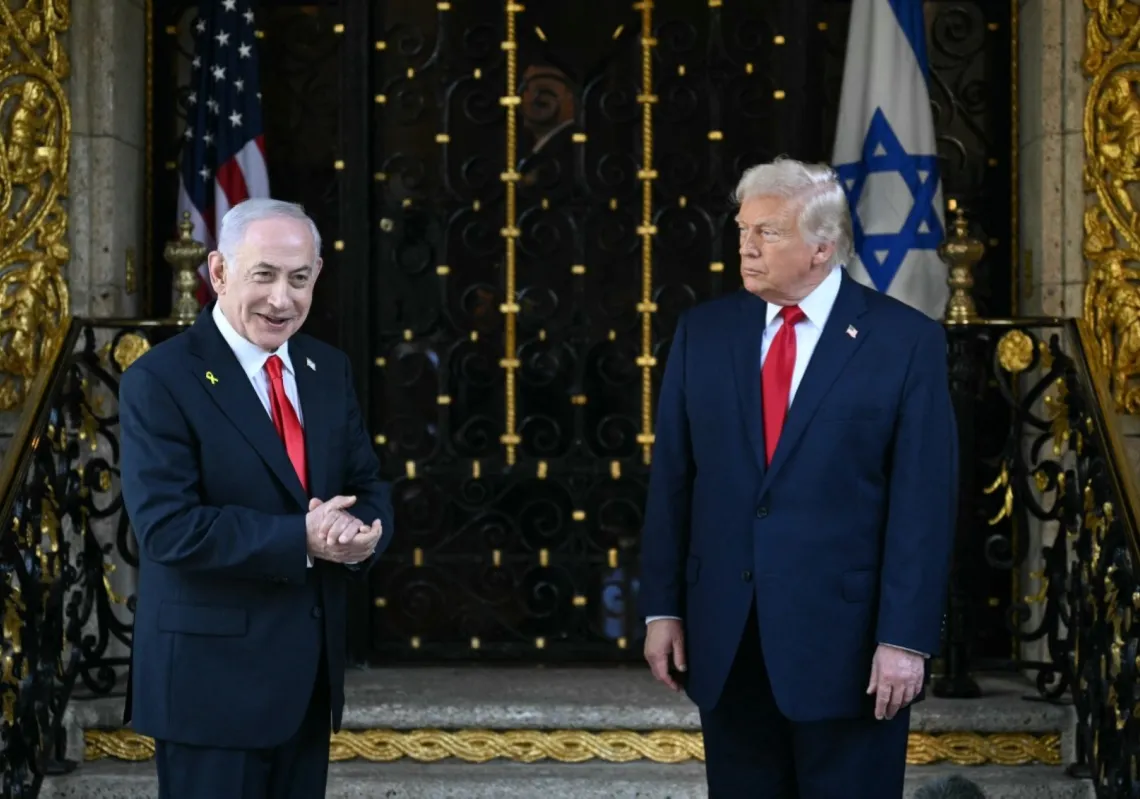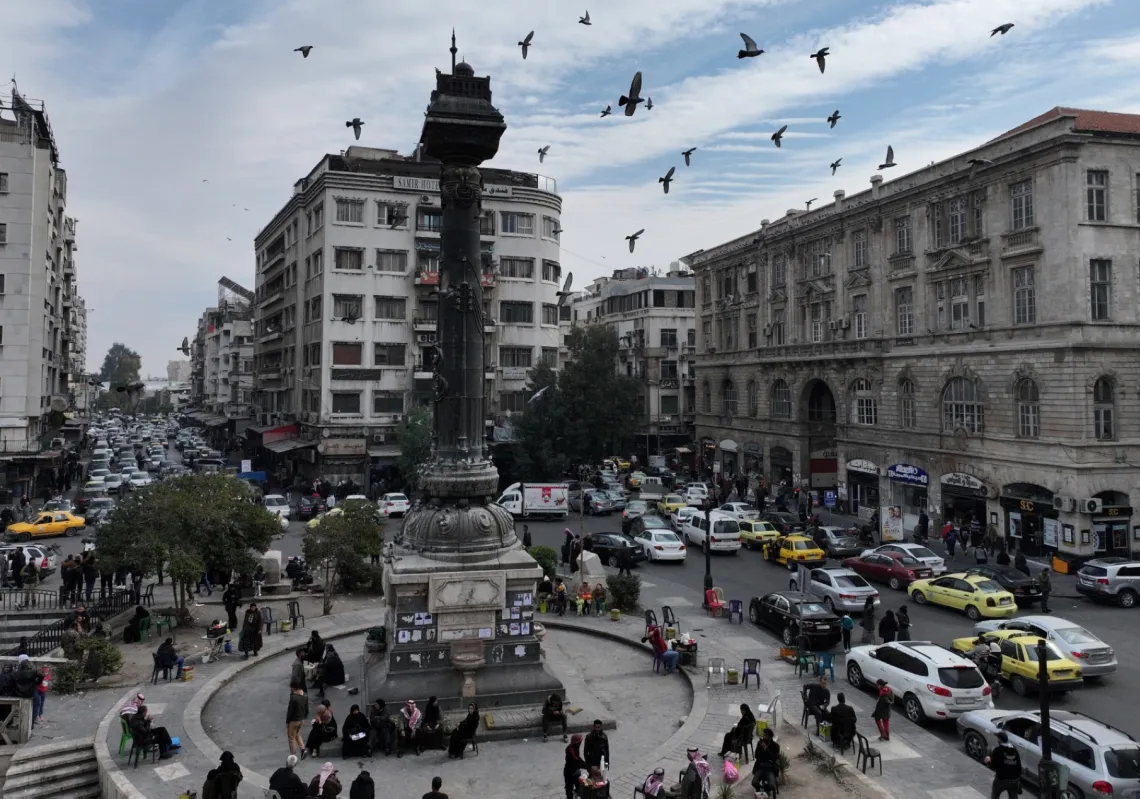The recent large-scale arrests top Turkish military officers—including the former heads of the Air Force and Navy—as part of an investigation into an alleged plot to topple the country’s government, were a stark reminder of the deep political divisions gripping Turkey. They are also a sign of the continuing struggle to democratize and increase civilian control over the armed forces.
The arrests were also a reminder of the importance of Ankara keeping its eyes on the prize of an eventual European Union membership, as critical in helping Turkey defuse its internal tensions and consolidate its democracy. Joining the EU would help the country achieve some of its ambitious foreign policy goals.
Turkey’s road towards EU membership has already been a long and frustrating one, dating back to 1959 when Ankara applied to become an associate member of the European Economic Community (EEC). Turkey was officially recognized as an EU candidate in 1999 and started negotiations with Brussels in 2005. After an initial burst of reforms, though, Ankara appears to have lost its zeal for the EU project. Some of this can be attributed to frustration with European foot-dragging and opposition to Turkey’s joining the bloc. Another reason is Ankara’s growing sense of its own potential as an economic and political power in its surrounding region. (To a large extent, Ankara’s “zero problems with neighbours” foreign policy, and its scrapping of visa requirements with several countries in the region seem modelled on some of Brussels’ own efforts for stabilizing the European neighborhood).
But many of Ankara’s long-term foreign policy objectives would get an important boost from a meaningful partnership with the EU. Turkey’s plan to turn itself into a major transit hub for oil and gas would be handicapped if the country were not fully integrated into Europe’s common energy policy and pipeline network. Meanwhile, Ankara’s plans to turn itself into a regional soft power broker, particularly in the Middle East, are tied up in being able to present Turkey as a “bridge” to Europe. Making that bridge easier to cross, something EU membership would do, would further enhance Turkey’s claim to being a country that spans East and West.
More significantly, EU membership will help Turkey overcome its domestic differences, which stand as the largest hurdle towards Ankara realizing the ambitious goals it has set out for itself. Ultimately, joining the EU—or at least meaningfully engaging in a process that would lead towards membership—offers Turkey the best chance at developing a political system that can successfully manage those dangerous divisions and blunt their impact.
Indeed, it’s important not to underestimate what a difference simply being engaged in the EU process over the last decade has made for Turkey in terms of developing civil society, strengthening institutions and the rule of law, and forming a polity that is learning to recognize and accept differences. The opening of EU-funded small business support centers in some of Turkey’s most impoverished areas and the training of lawyers and judges by European counterparts are not the kinds of trends that make headlines. Yet, they are the kind of low-profile projects that have helped make an impact on how the country operates.
Meanwhile, considering Turkey’s limited experience with true democracy—with its history of military coups, powerful nationalism and intense division based along ethnic lines—the promise of joining the EU has created am impetus for enacting reforms that the country might not have otherwise been implemented.
Joining the EU, as one analyst recently put it, is an essential part of Turkey becoming a member in good standing of the “rules and regulations community.” It sounds boring and it is boring. But after four coups and decades of bitter infighting, perhaps what Turkey needs is a bit less political turmoil and excitement, and a bit more of the boring stuff.
Yigal Schleifer
– freelance writer based in Istanbul, where he works as a correspondent for the Christian Science Monitor and writes Istanbul Calling (istanbulcalling.blogspot.com), a blog on Turkish politics and foreign policy.








